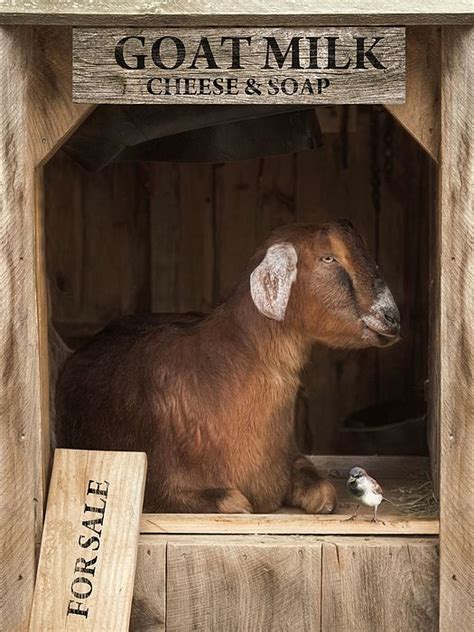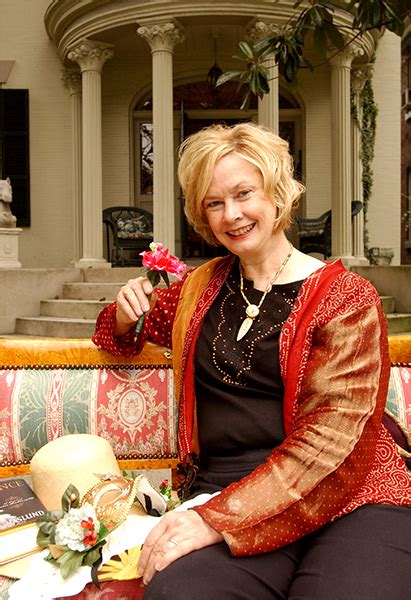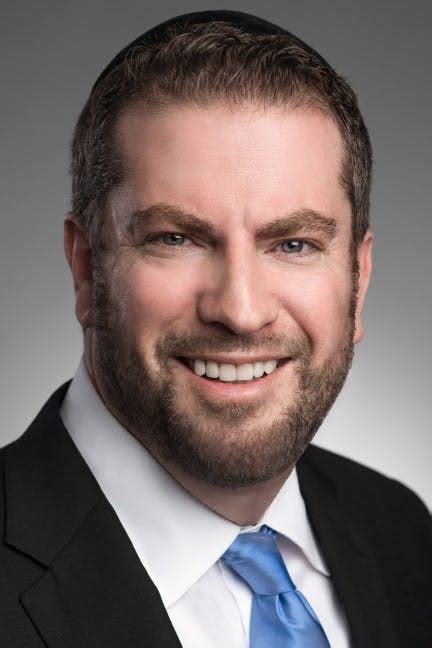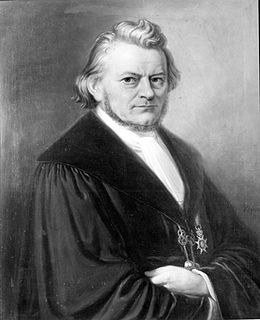A Quote by Gary Chapman
We can't determine our emotions, but we can choose our attitudes and actions.
Related Quotes
In the space between stimulus (what happens) and how we respond, lies our freedom to choose. Ultimately, this power to choose is what defines us as human beings. We may have limited choices but we can always choose. We can choose our thoughts, emotions, moods, our words, our actions; we can choose our values and live by principles. It is the choice of acting or being acted upon.
The left hemisphere acts as an "interpreter," watching the actions and behaviors of the body and assigning a coherent narrative to these events. And the left hemisphere works this way even in normal, intact brains. Hidden programs drive actions, and the left hemisphere makes justifications. This idea of retrospective storytelling suggests that we come to know our own attitudes and emotions, at least partially, by inferring them from observations of our own behavior.
Certainly one of our God-given privileges is the right to choose what our attitude will be in any given set of circumstances. We can let the events that surround us determine our actions-or we can personally take charge and rule our lives, using as guidelines the principles of pure religion. Pure religion is learning the gospel of Jesus Christ and then putting it into action. Nothing will ever be of real benefit to us until it is incorporated into our own lives.
The quality of everything we do: our physical actions, our verbal actions, and even our mental actions, depends on our motivation. That's why it's important for us to examine our motivation in our day to day life. If we cultivate respect for others and our motivation is sincere, if we develop a genuine concern for others’ well-being, then all our actions will be positive.


































